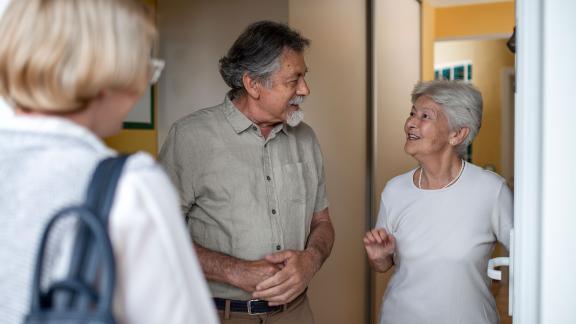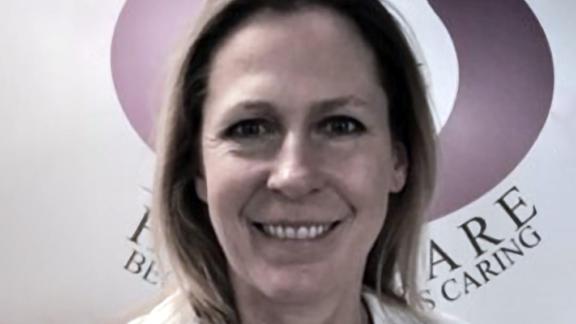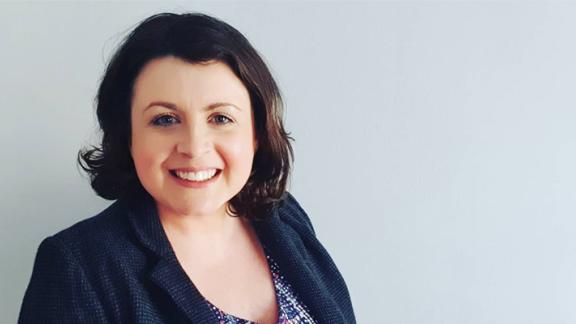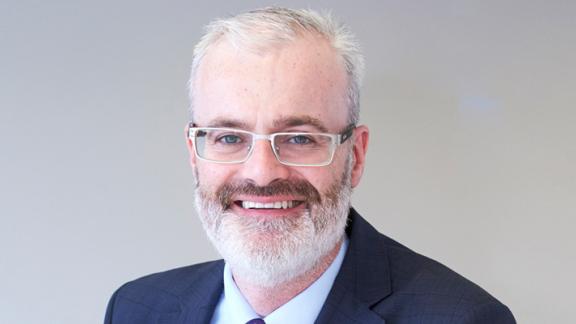The question at the forefront of my mind is always ‘what if it were me?’
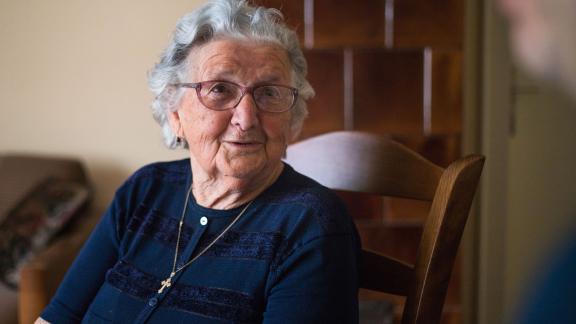
If you knew you had a few months to live, what would you do differently? What would your priorities be? You might want to achieve a long-held ambition, travel to a particular place, make practical arrangements for your family, seek reconciliation with someone important to you, plan the type of care you would choose.
If you work in an NHS hospital, one in five of the people you meet today (patients, not usually staff!) are in the last year of their lives. For at least three-quarters of them, this is foreseeable. What do we rob people of if we don’t ‘let them in on the secret’?
Care for people nearing the end of life is the one area of clinical practice that touches us all, both personally and professionally, and there’s the rub. I may treat someone’s diabetes, but I will probably never get diabetes myself. I may take out someone’s appendix (well, many years ago – I’m no surgeon!) but I’m unlikely to get appendicitis. I look after people near the end of life and I – like all of us – will die.
Dying is not something we like to think or talk about. As a society, many are sheltered from the realities of dying until forced to confront it. We embrace life, and our work in the health service is aimed at improving the lives of the patients we serve. We are comfortable with this and it fits well with the prevailing culture. But that is no excuse for avoiding honest conversations with people who are nearing the end of their lives. In this area, we have responsibilities to our patients and those close to them – and to ourselves.
In 2011, I chaired a working party for the Royal College of Physicians on Improving End-of-Life Care: Professional Development for Physicians, with an associated editorial in the college’s journal. We surveyed all consultant physicians and final year registrars, asking their views on delivering patient care towards the end of life. They told us that they learn best:
- from peers
- seeing good practice and working alongside experts
- when supported by trust ‘management’
- from personal experiences that often had a profound effect on them and changed the way they practice.
Sitting in a lecture theatre was a poor substitute.
With this in mind, working with the Yorkshire and Humber Strategic Health Authority, now Health Education Yorkshire and Humber, we designed a new approach to developing people to challenge and change the prevailing culture in their teams and hospitals. We chose to work with consultants as key leaders and influencers who face a complex mix of personal and professional challenges.
Death may still be seen as a failure of medical treatment by the public and professionals, putting consultants in a difficult position and often leading to avoidance or over-optimism. But if patients are to be given time to consider their future and make choices about their treatment and care, honest conversations about the limits of medicine must become part of routine practice.
Having gained support from two acute trust boards, we piloted a bespoke development programme for senior clinicians to confront the challenges of end-of-life care. We worked one-to-one with a range of medical and surgical colleagues, attending clinics and ward rounds to understand the pressures within consultants’ practice and to develop individual learning plans.
We also involved a local GP to provide a community perspective and brought them together on each site as action learning sets creating a safe but challenging environment to surface issues and develop solutions. This proved to be a powerful way to learn and change practice both individually and collectively. The GPs challenged assumptions made by hospital doctors about community-based care, leading to real change in approach and the content of clinical letters.
Measuring the impact of the programme has been a challenge and is work in progress – we need to measure what is important, not what is easily quantifiable. The programme has been refined and is being introduced to two further trusts with a view to wider implementation in future.
So, I have outlined one approach to tackling the issue. I’m sure there are others. We owe it to our patients, their families, and to ourselves and our colleagues, to foster honesty and openness when talking about dying. We may naturally side with Woody Allen when he said: “I'm not afraid of death; I just don't want to be there when it happens.” But we are there when it happens for our patients, and we owe it to them to share our knowledge.
When we know that we are likely to die soon, we have a new perspective and priorities may change. One in five of the people we meet on our wards are in this position. Do we care enough to let them know?
Dr Fiona Hicks is a consultant in palliative medicine at Leeds Teaching Hospitals Trust. Follow the trust on Twitter @LTHTrust
